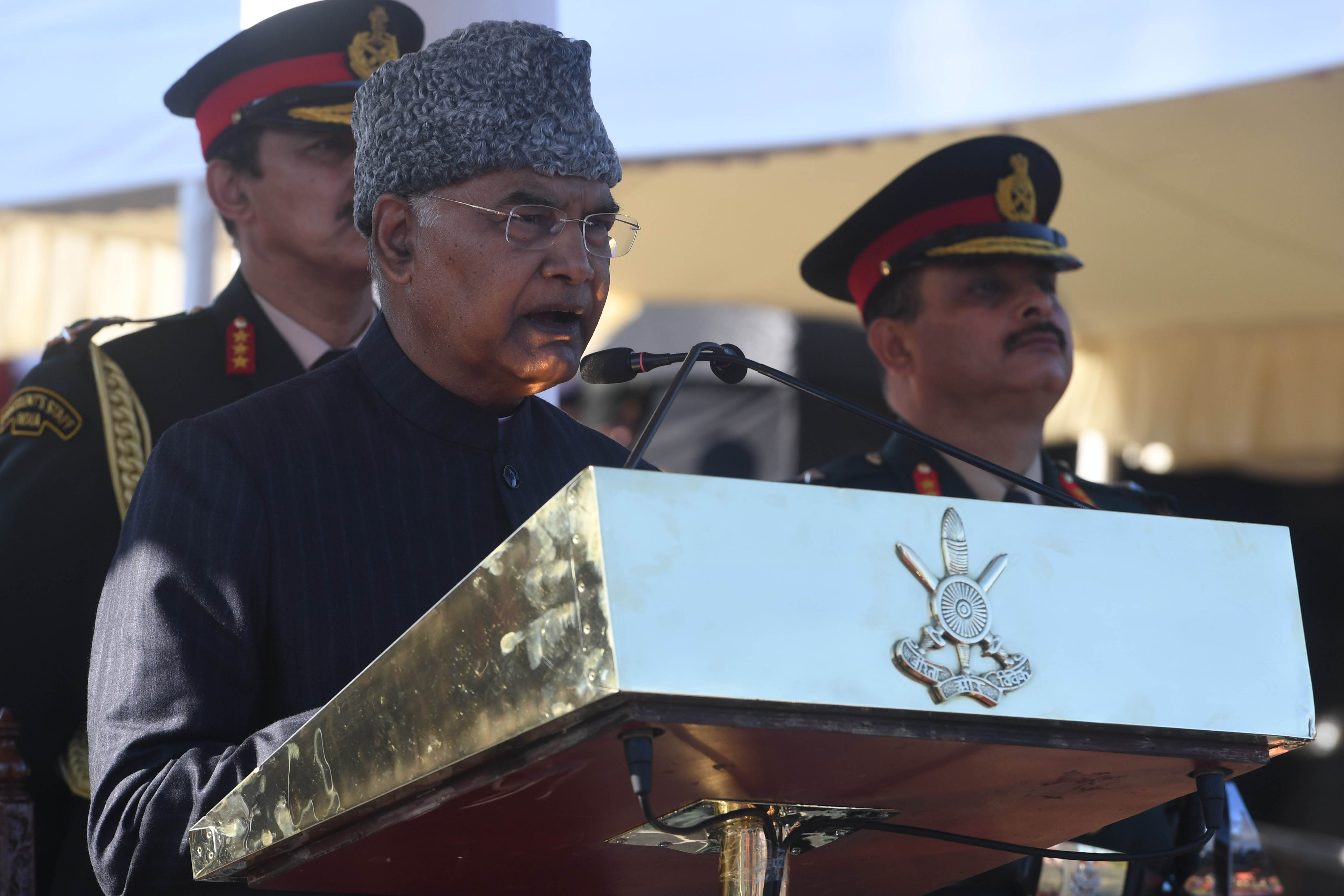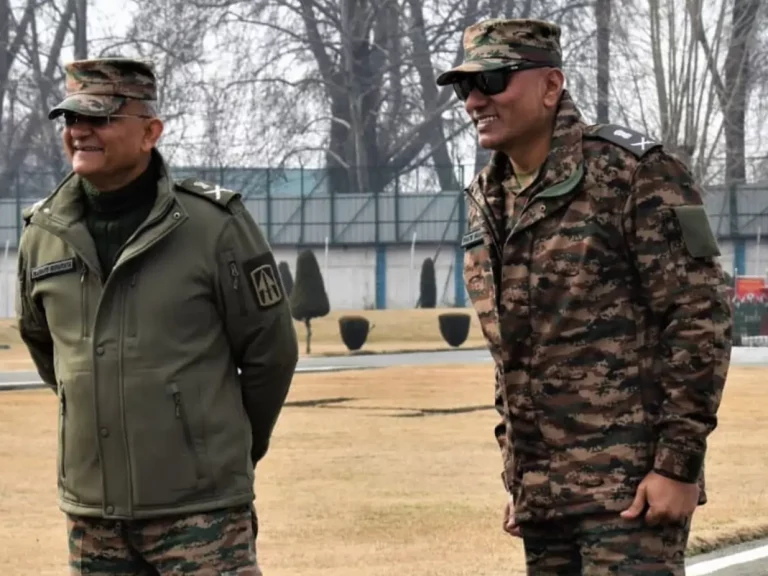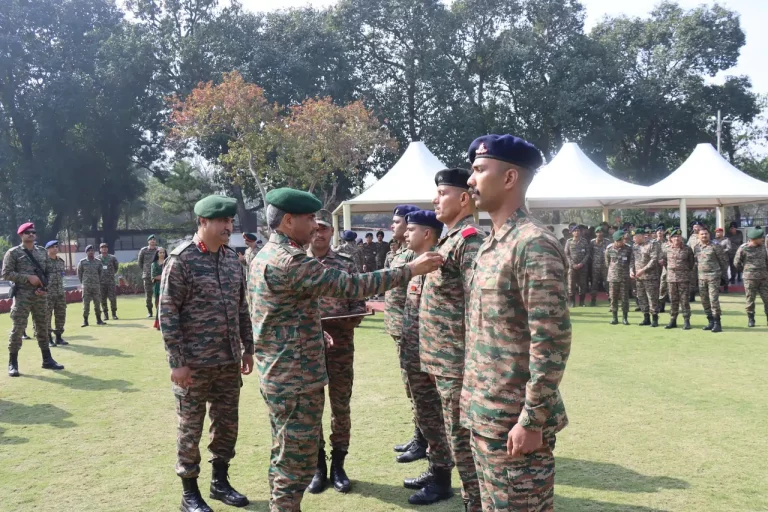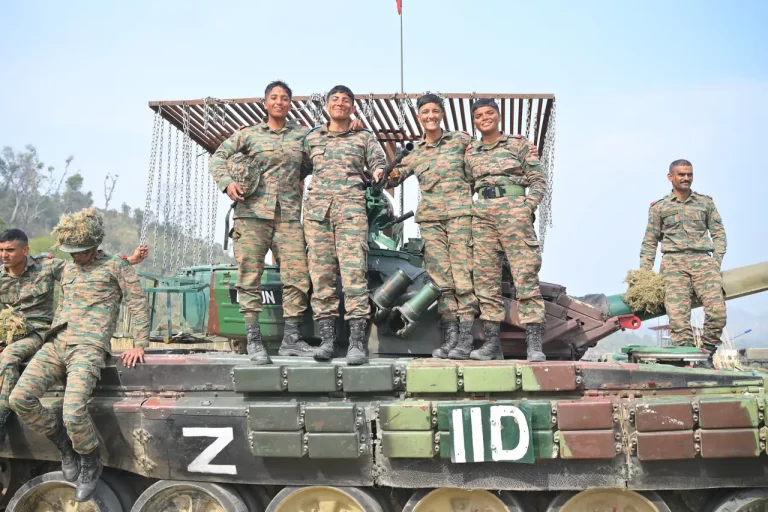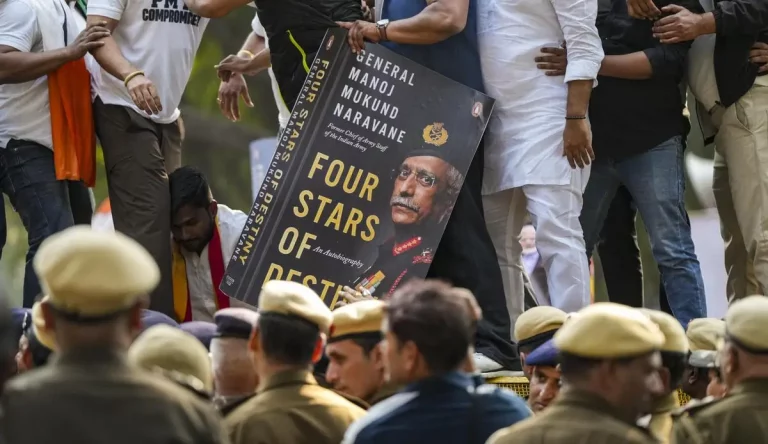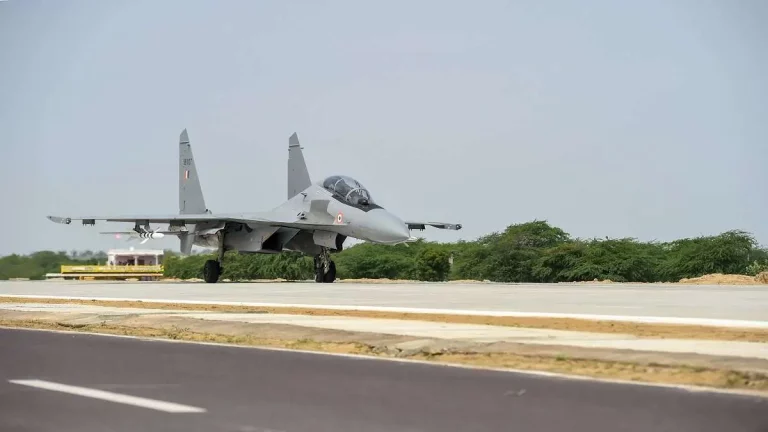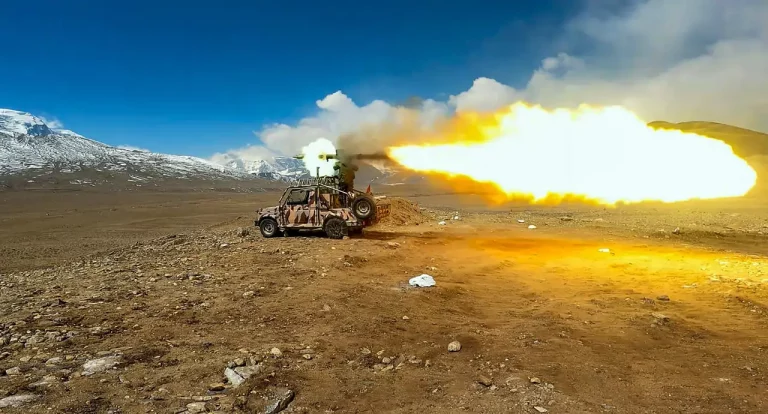The term of office of Shri Ram Nath Kovind, President of India, is ending on 24th July 2022. As per Article 62 of the Constitution of India, an election to fill the vacancy caused by the expiration of the term of office of the outgoing President is required to be completed before the expiration of the term.
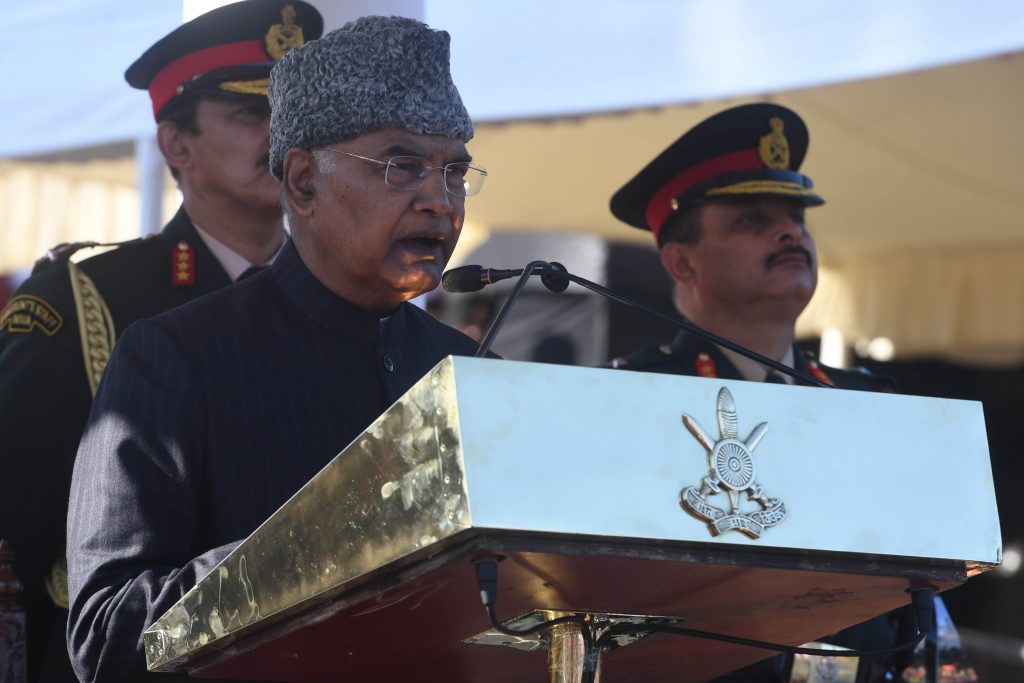
Article 324 of the Constitution read with the Presidential and Vice-Presidential Elections Act, 1952, and the Presidential and Vice – Presidential Elections Rules, 1974 vests the superintendence, direction and control of the conduct of election to the office of the President of India in the Election Commission of India.
SCHEDULE FOR PRESIDENTIAL ELECTION, 2022
| Issue of Election Commission’s notification calling the election | 15.06.2022 (Wednesday) |
| Last date for making nominations | 29.06.2022 (Wednesday) |
| Date for the scrutiny of nominations | 30.06.2022 (Thursday) |
| Last date of withdrawal of candidatures | 02.07.2022 (Saturday) |
| Date on which a poll shall, if necessary, be taken | 18.07.2022 (Monday) |
| Date on which counting shall, if required, be taken | 21.07.2022 (Thursday) |
Here are the key takeaways from the Election Commission’s presser:
- The candidate needs to deposit ₹ 15,000 as security. It was increased from ₹ 2,500 to ₹ 15,000 in 1997, when the total numbers of proposers and seconders were also increased from 10 each earlier.
- The candidate must be an Indian citizen, minimum 35 years old, besides being qualified for election as a member to the House of the People. The President has a term of five years.
- Anyone who holds office of profit under the government or local authority is not eligible to be President.
- The July 18 presidential election is the 16th. The first was held in 1952. The experience of the first five elections showed that some people applied as candidates without even a remote chance of getting elected.
- It was then made mandatory for presidential candidates to get their nominations subscribed by at least 50 electors as proposers and 50 electors as seconders.
- The upcoming election has 4,809 electors, comprising 776 MPs and 4,033 MLAs. These include 233 Rajya Sabha members and 543 from the Lok Sabha.
- No elector can subscribe, whether as a proposer or seconder, more than one nomination in an election. Not more than four nominations can be filed by or on behalf of a candidate or received by the returning officer.
- A petition questioning the presidential election may be presented to the Supreme Court within 30 days from the results day by any candidate, or 20 or more electors joined together as petitioners.
- The security deposit will be forfeited if the candidate is not elected and the number of valid votes polled by him or her is less than one-sixth of the number of votes necessary to secure return of a candidate. In other cases, the deposit will be returned to the candidate.
- In the first presidential election in 1952, which Rajendra Prasad won, there were five contesting candidates with the last one getting only 533 votes. There have been only two contestants since the 11th presidential election held in 1997, when the security deposit and the numbers of proposers and seconders were increased significantly.
To crack the SSB interview, You can join our SSB interview live classes batch and we recommend you to Enroll SSB INTERVIEW ONLINE COURSE. Trusted by thousands of defence aspirants.
Also Read:
